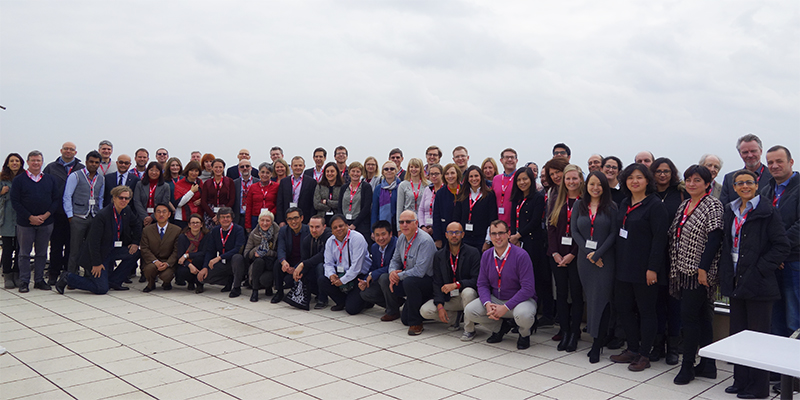MODUL University Vienna hosts Workshop on Analytics in Tourism Design & JITT Workshop on eTourism
November 20, 2017
Huge progress has been made over the past decade in establishing a foundation for designing tourism experiences. In particular, our knowledge in the areas of consumer perceptions, memory, emotions, feelings, and most importantly the linkages between them, has enabled us to develop a new framework to describe and explain tourism experiences. Furthermore, the number, diversity and capacity of new tools (including both sensors and analytical algorithms) that can be used to capture, measure, and analyze the various facets of tourism experiences have grown extraordinarily over the past years. Certainly, the continuing growth of systems built upon social knowledge and machine-learning tools (even artificial intelligence) represents a new era in tourism management, which can be best described as “Smart Tourism Design”.
Keeping the above in mind, MODUL University Vienna hosted around 80 international tourism scholars at the Workshop on Analytics in Tourism Design from November 8-10th to identify and discuss recent cutting-edge research in this area, as well as the challenges or limitations that exist in tourism experience design.
Day one, which focused on experiences, memories, measurement and tourism design, began with the keynote speakers Philip Pearce (video presentation; James Cook University) and Juergen Gnoth (University of Otago) describing recent trends with their presentations “Laughing, crying, or lying: Tourism researchers and the wicked problem of emotions’” and “Tourists’ individual and collective emotional experiences”, respectively.
Day two’s theme was based around analytics, data quality and smart tools, beginning with a keynote by Andrei Kirilenko (University of Florida) on “Big data = Big challenges”.
The third and final day focused on innovation and smart systems design, featuring a keynote by Noam Shoval (Hebrew University of Jerusalem) on “Implementation of advanced tracking technologies for tourism research: The first decade”.
A series of working sessions followed with 25 minutes allocated for both international participants and MU faculty to present their research and hold a Q&A throughout the three days. Workshop ended fruitfully with a concluding session featuring leading academics in the field that was moderated by the workshop main organizer, Daniel Fesenmaier (University of Florida). However, that was not all – JITT Workshop followed the day after (November 11), organized by Zheng (Phil) Xiang (Virginia Tech), in which the handbook on eTourism was discussed.
MU’s Bozana Zekan, Assistant Professor/Senior Lecturer at the department of Tourism and Service Management, and Franziska Sturm, Event and Facility Manager, helped Professors Fesenmaier and Xiang to host these workshops at MODUL University Vienna.
“I think it is incredible what Dan and Phil accomplished over these 4 days. When we started planning it, it was supposed to be a rather small, invite-only event. Yet, in the end, we were very lucky to welcome many leading tourism scholars — from Australia to Hawaii and then some — all eager to participate in a knowledge-sharing and knowledge-creating environment. Moreover, we are very grateful to many generous sponsors that enabled Dan, Phil, and us to make such an event reality”, says Bozana.





